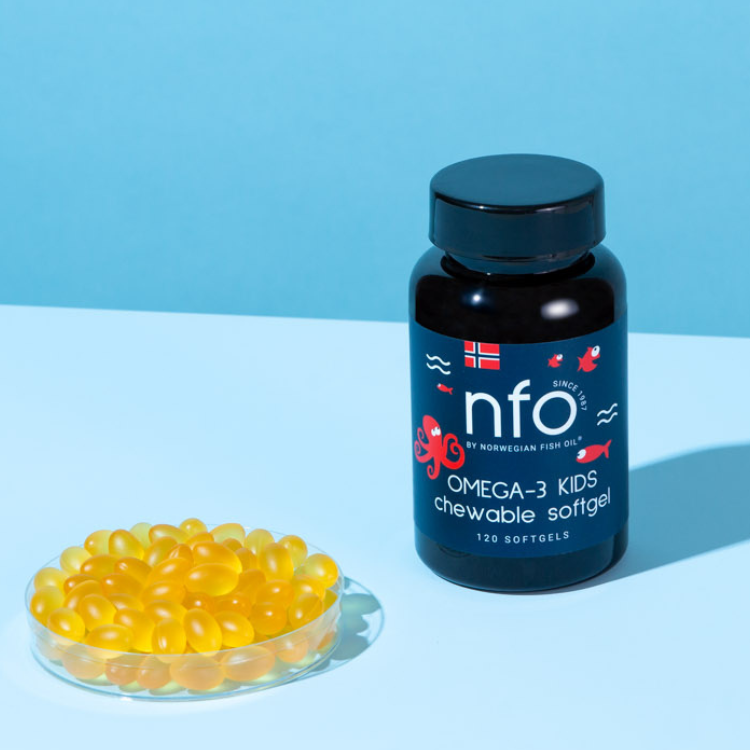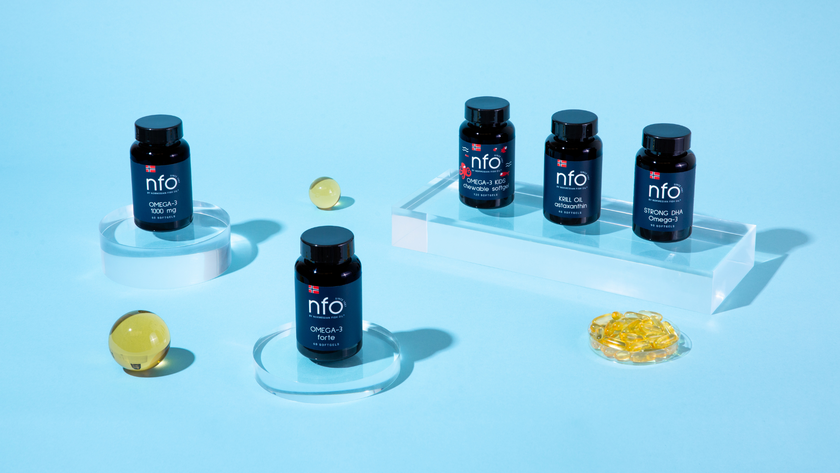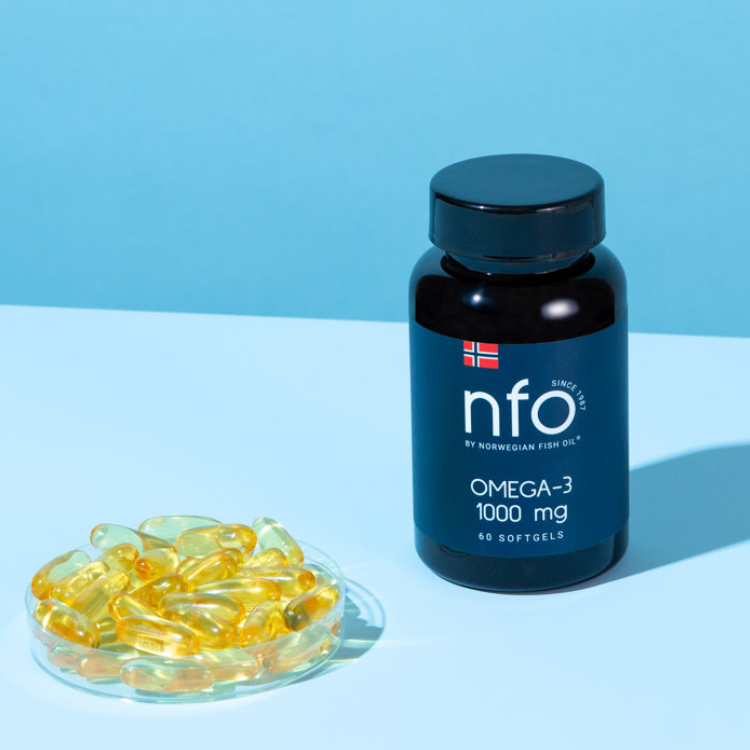Understanding Dry Skin
Dry skin, medically known as xerosis, occurs when the skin loses its ability to retain moisture. Symptoms include flaking, cracking, redness, and itching. Factors such as low humidity, harsh soaps, aging, and insufficient nutrient intake exacerbate dryness (Healthline, 2023). While external treatments offer temporary relief, addressing the root cause often requires nutritional intervention.
The Role of Vitamins in Skin Hydration
1. Vitamin D
Vitamin D is not just crucial for bone health but also plays a vital role in skin function. Studies suggest that adequate vitamin D levels improve the skin’s barrier function, reducing moisture loss (Ozen et al., 2020). It is synthesized in the skin through sun exposure, but supplementation becomes essential during winter months or for individuals with limited sunlight exposure.
Sources:
- Fatty fish (salmon, mackerel)
- Fortified foods (milk, cereals)
- Supplements
Evidence:
Research by Amrein et al. (2016) highlights how vitamin D deficiencies correlate with poor skin hydration and increased transepidermal water loss.
2. Vitamin E
Vitamin E, a potent antioxidant, protects the skin from oxidative stress and aids in maintaining its natural moisture barrier. According to Pandel et al. (2013), topical and dietary sources of vitamin E enhance skin hydration and elasticity.
Sources:
- Nuts (almonds, hazelnuts)
- Seeds (sunflower seeds)
- Vegetable oils (wheat germ, sunflower oil)
Evidence:
Studies indicate that vitamin E supplementation can alleviate symptoms of dry skin and improve overall skin texture (Lin et al., 2005).
3. Vitamin C
Vitamin C is indispensable for collagen synthesis and acts as a natural humectant, helping the skin retain water. It also combats free radical damage, which can impair the skin’s barrier function.
Sources:
- Citrus fruits (oranges, lemons)
- Berries (strawberries, blackcurrants)
- Vegetables (broccoli, bell peppers)
Evidence:
Research by Pullar et al. (2017) found that consistent vitamin C intake improved skin hydration and reduced signs of dryness.
4. Vitamin A
Vitamin A, particularly in its retinoid forms, is well-known for promoting cell turnover and enhancing skin’s hydration levels. It strengthens the epidermal barrier and reduces moisture loss (Zasada et al., 2020).
Sources:
- Sweet potatoes
- Carrots
- Leafy greens (spinach, kale)
Evidence:
A study by Cong et al. (2019) demonstrated that vitamin A supplementation improved skin hydration in individuals with xerosis.
Essential Minerals for Hydrated Skin
Zinc
Zinc is essential for maintaining skin’s structural integrity and repair. It regulates sebum production, which prevents excessive dryness. Zinc also supports wound healing, crucial for cracked and dry skin.
Sources:
- Shellfish (oysters)
- Legumes (chickpeas, lentils)
- Seeds (pumpkin, sesame)
Evidence:
According to Guerin-Danan et al. (2021), zinc supplementation significantly improved skin hydration in individuals with atopic dermatitis.
Omega-3 Fatty Acids
Omega-3 fatty acids, particularly EPA and DHA, play a critical role in skin hydration. They strengthen the skin’s lipid barrier, reducing moisture loss and inflammation.
Sources:
- Fatty fish (salmon, sardines)
- Flaxseeds
- Walnuts
Evidence:
Research by Pilkington et al. (2020) revealed that omega-3 supplementation improved skin moisture levels and elasticity.
Lifestyle Changes to Complement Nutrition
- Hydration: Adequate water intake is fundamental. Aim for at least 8–10 glasses of water daily.
- Humidifiers: Using a humidifier in dry climates helps maintain indoor moisture levels.
- Skin-Friendly Products: Opt for gentle, fragrance-free cleansers and moisturizers.
- Sun Protection: Sunscreen prevents UV-induced damage, which can worsen dryness.
Conclusion
Nutrition is a cornerstone in managing and preventing dry skin. Vitamins like D, E, C, and A, along with minerals like zinc and omega-3 fatty acids, offer transformative benefits. Incorporating these nutrients into your diet, alongside lifestyle modifications, can turn the tide on dry skin. Scientific research underscores the profound impact of internal health on external radiance—making this approach a true gamechanger for dry skin.









